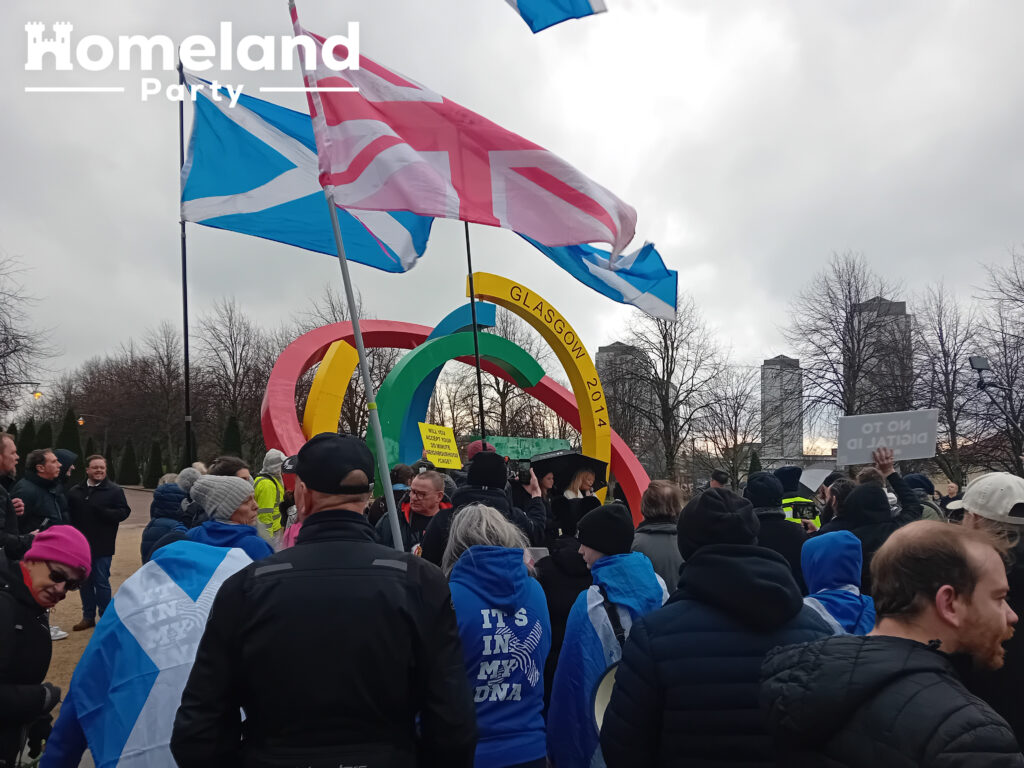Black Tunisian women say they are experiencing more instances of racism after the country’s president criticised sub-Saharan migrants.
This comes after Tunisian President Kais Saied ordered “urgent measures” against sub-Saharan migrants, accusing them of a “criminal plot” to change the country’s demographics and cultural identity.
He went on to say that immigration came from “a desire to make Tunisia just another African country and not a member of the Arab and Islamic world.”
“In Tunisia, people are always questioning the fact that I’m Tunisian,” says activist Khawla Ksiksi, a black Tunisian citizen.
“Sometimes I speak in Arabic and they will answer in French because they don’t want me to be a part of Tunisia. They treat us not as Tunisians and treat themselves as not Africans,” she went on to say.
Ms Ksiksi, who is a co-founder of the Voices of Black Tunisian Women collective, is not alone in her claims. The academic researcher and lecturer, Houda Mzioudet, states, “What is much more violent in Tunisia is not racism itself, but the denial of racism, where you’re denied your own horrific experience of racism.
“The slave trade was abolished in Tunisia in 1846 but its legacy lives on. There has been a continuation of domestic slavery, although they are no longer calling black people slaves but instead servants – hence the Tunisian Arabic word to refer to a black person is ‘wessif’ meaning ‘servant’,” Ms Mzioudet says.
We are told that a plot to demographically replace or erode a cultural identity via immigration is a conspiracy theory, yet the President of Tunisia shares this concern.
It’s safe to say that a conservative Islamic nation like Tunisia probably doesn’t share the values of Western counties. The nation is more misogynist, homophobic and racist, but it now seems like they have their share of privileged (by their own admission) anti-racism activists, academic researchers and lecturers like Mzioudet and Ksiksi who shriek from the rooftops every time someone answers them the wrong way.


